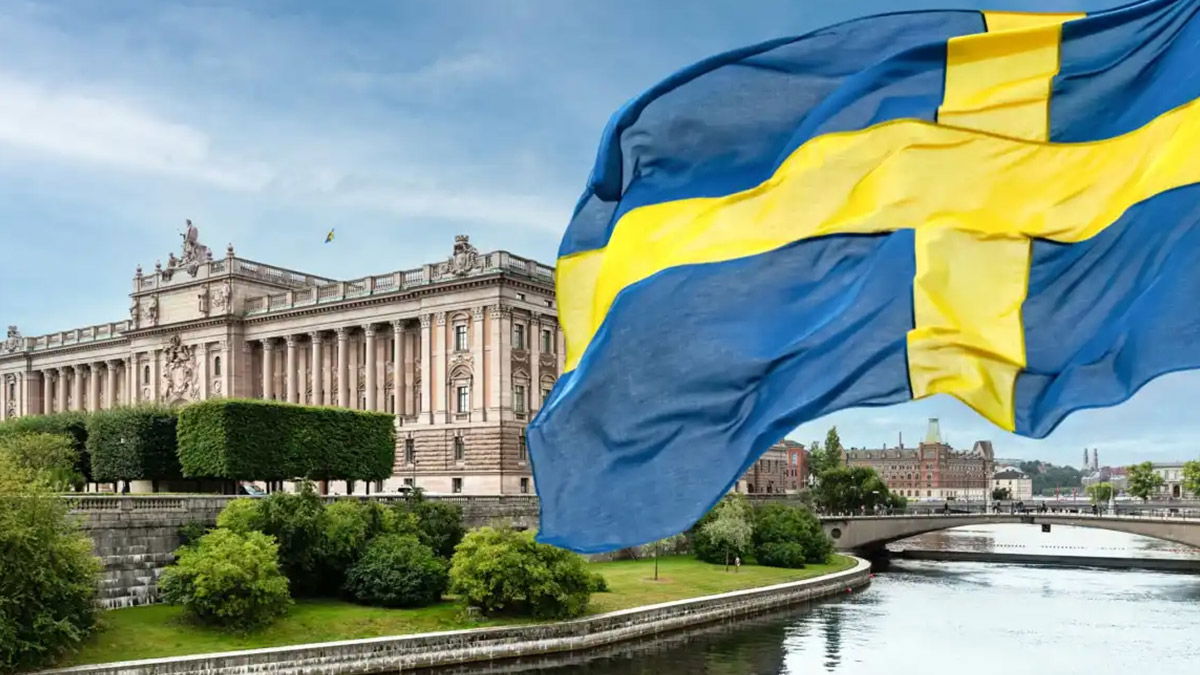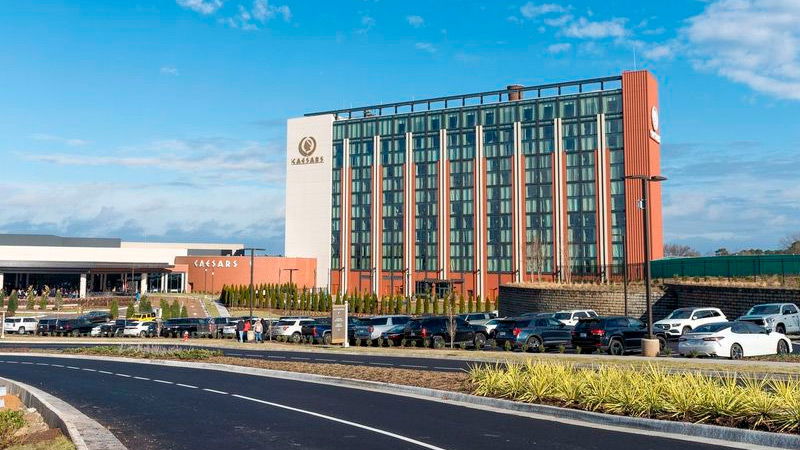Sweden to end land-based casinos as criticism over lack of competition increases

Sweden’s decision to permanently close its state-operated land-based casinos by 2026 has drawn criticism from within the gambling industry, with calls for a more open and competitive market that could have preserved the sector.
Gustaf Hoffstedt, secretary general of the Swedish Trade Association for Online Gambling (BOS), believes that land-based casinos might have survived, and even thrived, had they not operated under a government monopoly.
Speaking to Global Gaming Business (GGB), Hoffstedt said Casino Cosmopol’s lack of innovation was a direct consequence of its exclusive status under Svenska Spel.
“Casino Cosmopol remained a monopoly to the end, which meant no competition or innovation,” Hoffstedt said. “If there’s no competition, innovation dies.”
On April 2, Sweden’s parliament, the Riksdag, stated that land-based casinos “no longer served their purpose,” citing years of declining profitability and foot traffic at Casino Cosmopol locations.
The decision followed a proposal first introduced in May 2023. The final remaining Casino Cosmopol venue, located in Stockholm, closed earlier this year, and the new amendment banning land-based casinos will take effect on January 1, 2026.
Ola Enquist, CEO of Casino Cosmopol, acknowledged at the time the division's financial difficulties, attributing much of the decline to a shift in consumer behavior. The growth of online gambling, he said, had drawn players away from traditional casinos and toward digital platforms.
While the government points to a changing market, Hoffstedt argues that land-based gambling still has a place in Sweden’s gambling sector, especially if private businesses were allowed to enter the space. He suggested that cities such as Stockholm, Malmö, and Gothenburg could sustain profitable land-based casinos if the sector were liberalized.
If the Swedish government were to revisit its decision, BOS-affiliated online operators would likely express interest in obtaining licenses for land-based operations.
Hoffstedt added that many online gambling companies, including game supplier Evolution, have business models that rely in part on partnerships with brick-and-mortar casinos to enhance the authenticity of their digital offerings. “Lose that and you lose a key selling point," he said.
The closure of land-based casinos may also have unintended consequences, including a potential uptick in unregulated gambling. Sweden already has one of the highest shares of online gambling in Europe, with the European Betting and Gaming Association (EGBA) reporting that 68% of the country’s gross gambling revenue is generated online. The remaining 32% previously came from retail settings, a share that will effectively disappear after 2026.

















